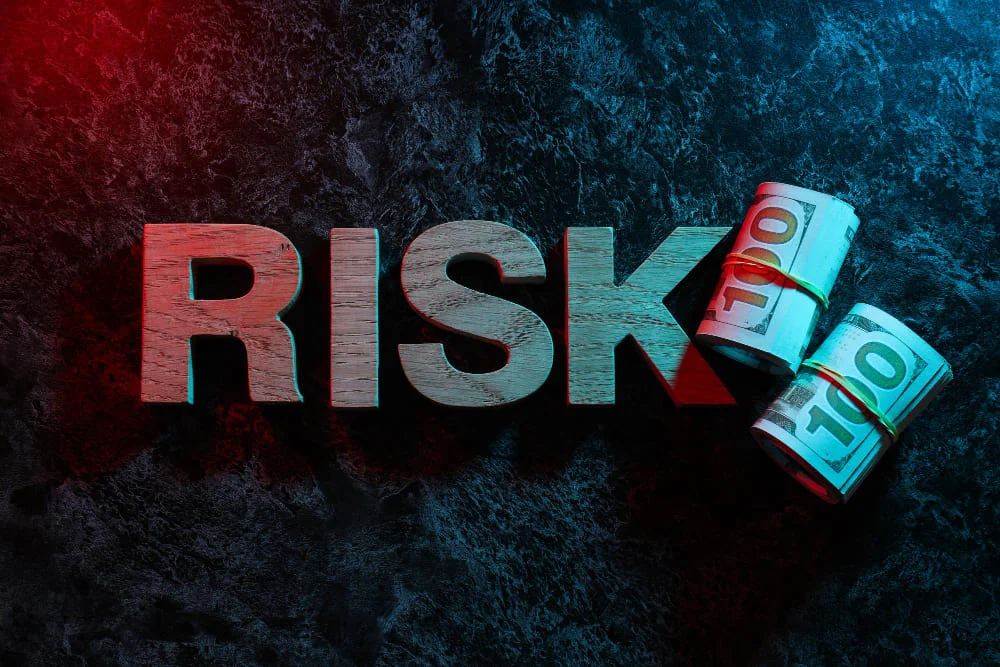- Your cart is empty
- Continue Shopping
Types of Risks in International Business

However it derives with its exclusive set of dangers, international business is an exhilarating effort. One of the key aspects that companies expanding globally need to grasp is the array of risks in international business.
10 Risks in International Business
1. Political Risks
An important section of popular international business processes is political strength. However, political risks in international business can disturb the working of processes. Unforeseen changes in government policies, political instability, and regulatory shifts all fall under the umbrella of political risks that businesses must navigate.
2. Economic Risks
Directing the details of international markets is a dangerous feature of international business. Economic risks, with currency variations and increases, can affect the economic strength of a business. Understanding and making for these financial doubts is supreme for supportable success.
3. Cultural Risks
Cultural risks arise from differences in language, communication styles, and business etiquette. Effectively crossing these challenges needs cultural intelligence, understanding, and flexibility.
4. Technological Risks
The dangers linked with technology are developing lengthways with it. Cybersecurity worries, with data breaches and intelligent property robbery, are prevalent in the digital era.
5. Environmental Risks
Weather change, natural ruins, and variable regulatory environmental values must be measured. Familiarizing and justifying these environmental risks is important for maintainable global business performance.
6. Supply Chain Risks
Respectable supply chain control is important to the current of products and services. Disturbances and addictions, such as logistic challenges and dealer dependability, can disturb the consistency of the supply chain.
7. Financial Risks
Financial stability is top for any business, particularly on the international ground. Credit and market risks joined with financial slumps, can affect the economic health of a company.
8. Strategic Risks
Strategic decision-making in international business is rife with uncertainties. Changes in the competitive landscape and manufacturing styles need flexible strategic preparation. Businesses must stay supple to pilot strategic risks effectively.
9. Operational Risks
Effective internal developments are the support of international business processes. The brilliance and quick supply of gathers might be squeezed by industrial subjects and supply chain management jobs. To decrease operational risks, active replies and operative inventions are necessary.
10. Ethical Risks
Keeping ethical ethics is a keystone of long-standing success. Risks such as corruption, bribery, obedience issues, and standing injury can dull a business’s image.
Conclusion
Risks in International business is a vibrant land that stresses a planned and complete method of risk management. By understanding and proactively addressing political, economic, legal, cultural, technological, environmental, supply chain, financial, strategic, operational, and ethical risks, businesses can position themselves for success in the global marketplace.



